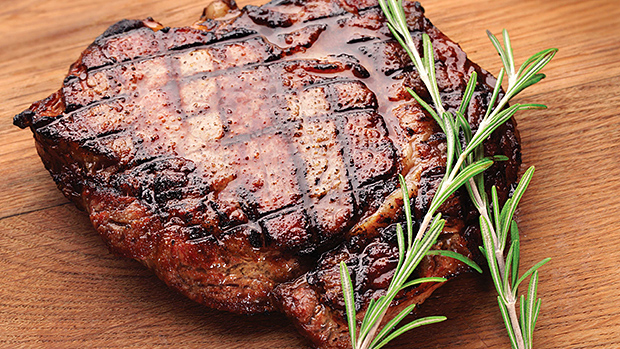When people start trying to lose fat, they fall into one of two camps:
The Monk Camp
These folks want results more than a drunk wants booze. They'll go overboard, taking their calories from maintenance to starvation level overnight.
Monks will see huge changes immediately and think they're on the right track. In a few weeks though, their energy will bottom out, fat loss will cease, and workouts will suck because they're as weak as newborn kittens. Then they'll fret about adding calories back in because the initial changes in their bodies told them that what they were doing was "working."
What they don't realize is that they likely lost some muscle and now have a lower basal metabolic rate. On top of that, their bodies will have adapted to a lower energy intake and homeostasis will have set in, which means they may not lose much more body fat even with this lower intake of calories.
It's a cycle of lowering calories, losing lean muscle mass, and having to lower calories even further in order to get the scale to budge. And as a lighter person, their body will naturally expend less energy than when it was heavier. Not good.
The Monkey Camp
These guys and gals say they're "all in," but they aren't. They'll half-ass their diets, splurge at the first sign of hunger, complain, and stick to their plans only when it's convenient.
The monkeys will initially see some scale changes too. Most of the time, people drop some carbs early on, see the scale go down, and think it's working. But dropping carbs will cause a drop in water and muscle glycogen, and this is what that initial 1-2 pound drop is reflecting.
Nevertheless, they'll think it's working, then continue their erratic, half-assed efforts. After a short period, the scale will stop moving because there isn't a deep enough or consistent enough calorie deficit to spur fat loss. And that's the point at which the half-asser gets fed up and throws it all away with rationalization and his fourth cheat meal of the week.
The Solution For Monks and Monkeys
Here it is: Protect muscle, establish a baseline, and adjust gradually.
Keep muscle retention as high as possible throughout the fat loss process. The more lean mass you lose due to excessive calorie restriction, the fewer calories your body will burn throughout the day. What causes muscle loss? Undereating, in this case.
To prevent it, find out how many calories you need in a day to maintain your current bodyweight. This isn't just good for dieters who go overboard, it's essential for the half-assers too. It'll keep them from eating too little, then getting too hungry, and throwing away their efforts early on. It will help them ease into a slight, yet consistent caloric deficit.
You can go the anal retentive route of logging everything you eat for a week and figure out the average for each day. Or you can simply multiply your bodyweight by 15 for a rough caloric intake and, after a week of eating that amount, adjust fats or carbs up or down from there. Protein, once dialed in, should never really change. It should generally fall within 1 to 1.25 grams per pound of bodyweight.




